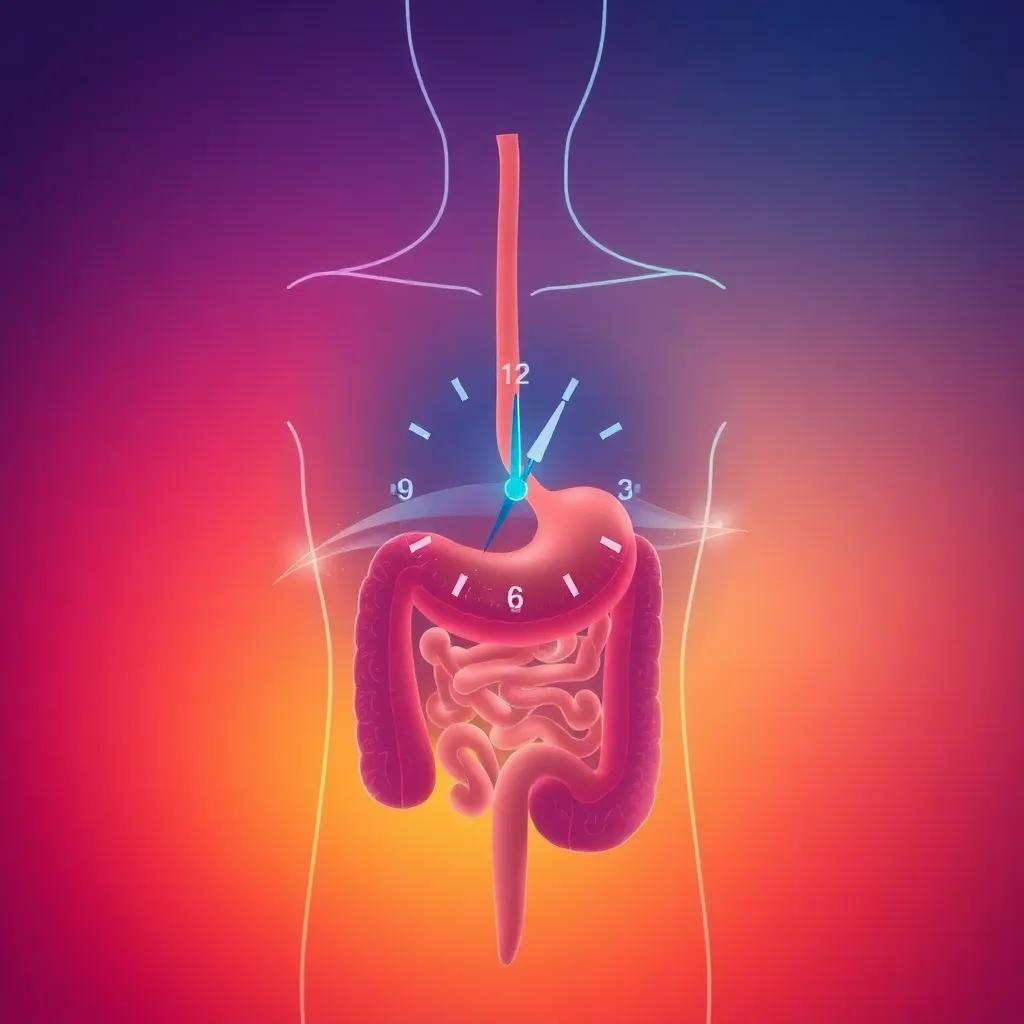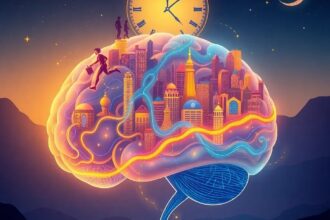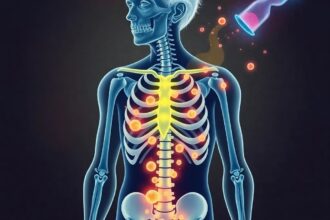Explore the science of chrononutrition, its impact on metabolic health, and practical tips for aligning meal times with circadian rhythms for better weight and blood sugar control.
Chrononutrition explores how meal timing affects metabolic health, offering insights into optimizing digestion, nutrient absorption, and energy levels through alignment with circadian rhythms.
Introduction to Chrononutrition
Chrononutrition is an emerging field that examines the relationship between meal timing and metabolic health. Rooted in the science of circadian rhythms, it explores how the timing of meals can influence digestion, nutrient absorption, and overall metabolism. According to Dr. Satchin Panda, a leading researcher in circadian biology, Our bodies are designed to function optimally when we align our eating patterns with our internal clocks.
This alignment can lead to improved weight management, better blood sugar control, and enhanced energy levels.
The Science of Circadian Rhythms
Circadian rhythms are 24-hour cycles that regulate various physiological processes, including sleep-wake cycles, hormone release, and metabolism. These rhythms are controlled by a master clock in the brain, known as the suprachiasmatic nucleus (SCN), which responds to light and dark signals. Research published in the journal Cell Metabolism highlights that disruptions in circadian rhythms, such as those caused by irregular meal times or late-night eating, can lead to metabolic disorders like obesity and type 2 diabetes.
Benefits of Aligning Meal Times with Circadian Rhythms
Aligning meal times with circadian rhythms can have profound effects on metabolic health. A study conducted by the University of Surrey found that participants who ate their largest meal earlier in the day experienced better blood sugar control and greater weight loss compared to those who ate later. Eating in sync with your body’s natural rhythms can enhance metabolic efficiency and reduce the risk of chronic diseases,
explains Dr. Jonathan Johnston, a co-author of the study.
Practical Tips for Implementing Chrononutrition
To reap the benefits of chrononutrition, consider the following tips:
- Eat breakfast within an hour of waking up to kickstart your metabolism.
- Consume your largest meal at lunchtime, when your digestive system is most active.
- Avoid heavy meals in the evening, as digestion slows down during the night.
- Incorporate fasting periods, such as intermittent fasting, to give your body time to rest and repair.
Latest Research and Future Implications
Recent studies in chrononutrition are paving the way for new dietary guidelines. For instance, a 2023 study published in Nature Communications suggests that time-restricted eating can improve insulin sensitivity and reduce inflammation. As Dr. Courtney Peterson, a researcher at the University of Alabama, notes, Chrononutrition has the potential to revolutionize how we approach diet and health, emphasizing not just what we eat, but when we eat.
This growing body of research underscores the importance of considering meal timing as a key factor in metabolic health.




